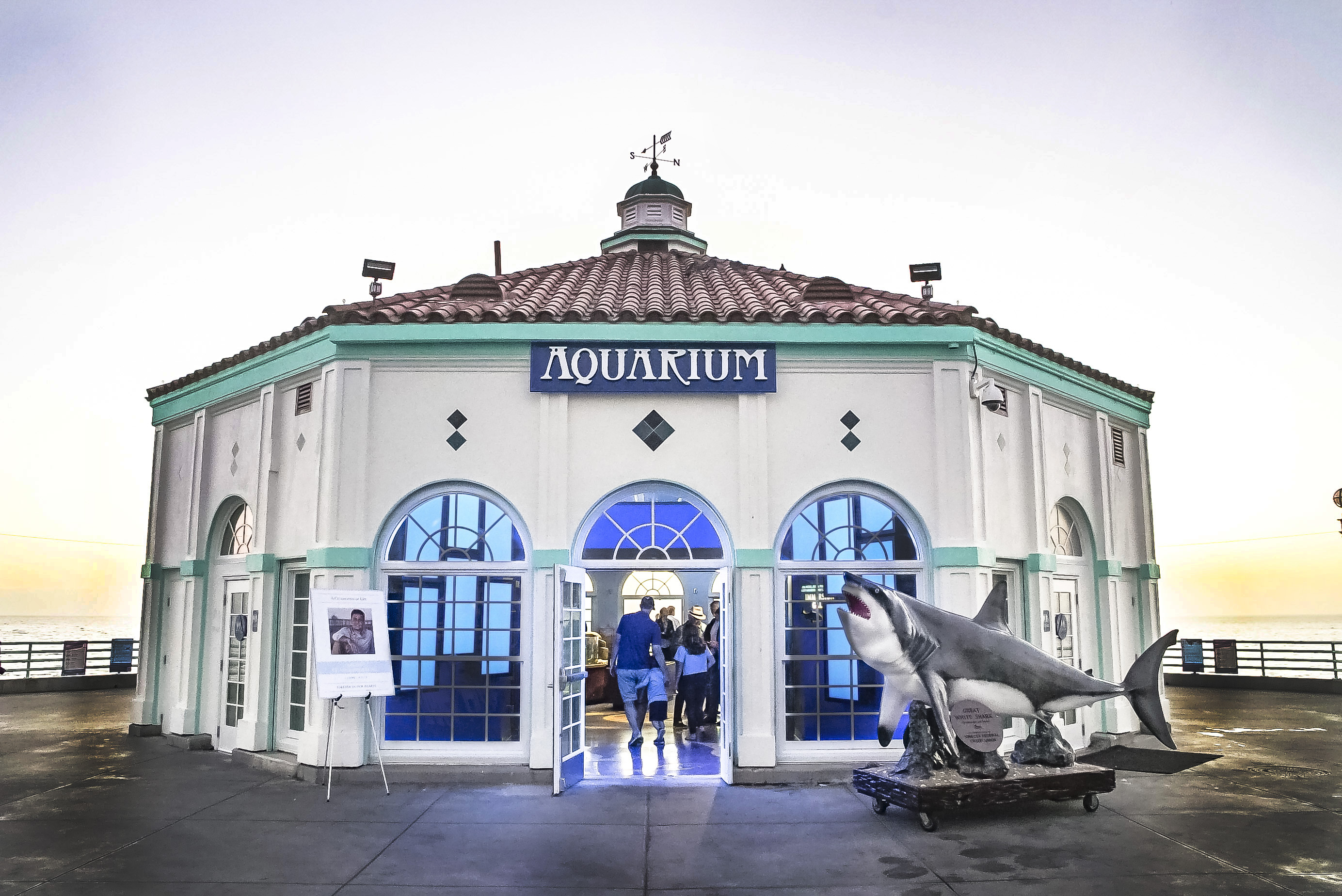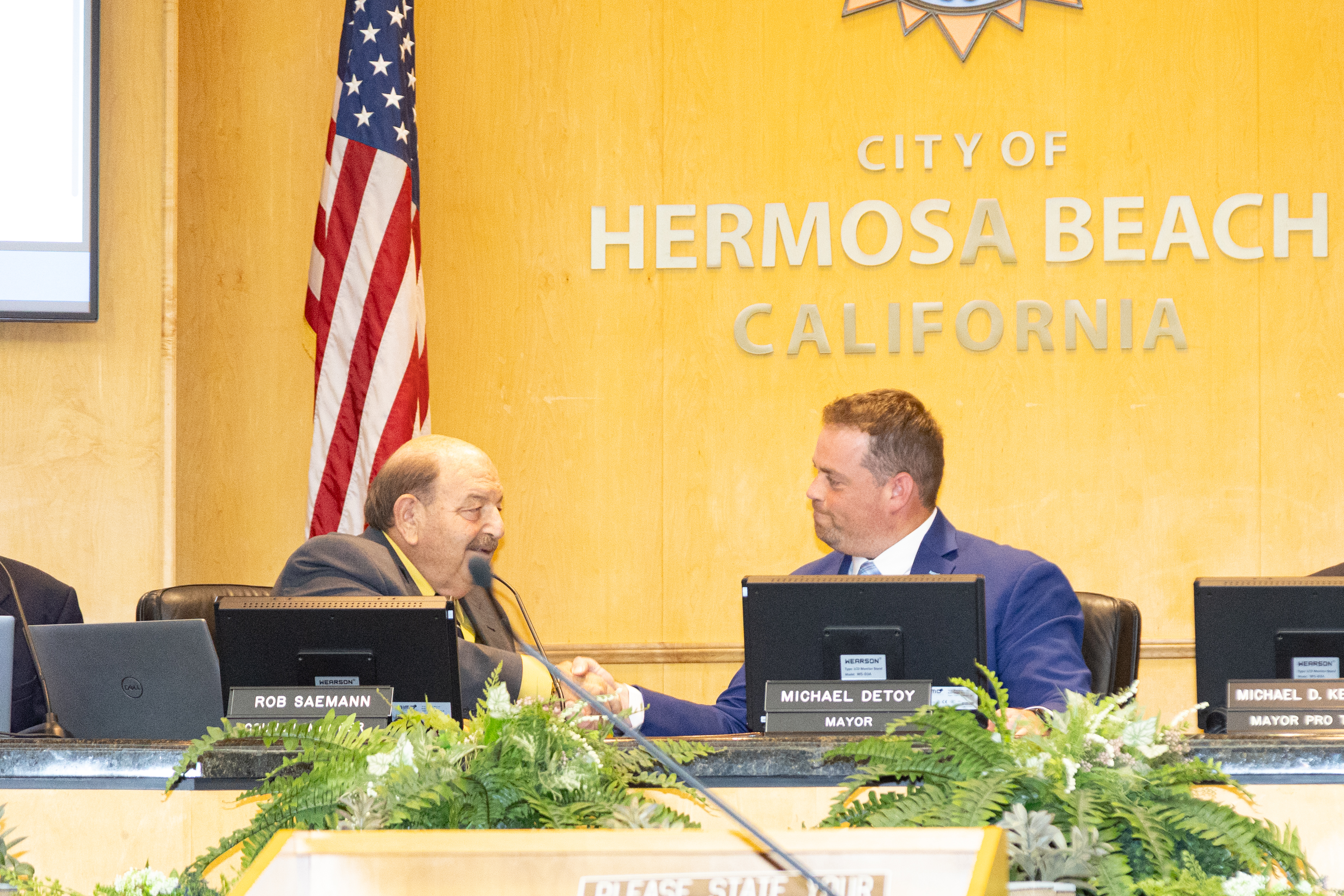The Redondo Beach Unified School District is trading figurative oranges for literal Apples next year. The RBUSD Board of Education voted at its June 26 meeting to replace Google-powered tablets with Apple iPads in its one-to-one student/computer program.
The change comes four years after the district successfully piloted the one-to-one program, which assigned sets of Android-based tablets to transitional kindergarten through first-grade classrooms and Chromebook laptops to second-grade classrooms. The program, which also individually assigns Chromebooks to students in grades three and up, was funded by the 2012 Measure Q bond.
According to RBUSD Chief Technology Director Derek Kinsey, Android parent company Google has ended support of its “Google Play for Education” program, leaving the fleet obsolete.
This spring, after identifying Apple’s iPads as a possible replacement, RBUSD quietly tested the new devices in three district classrooms.
“It went better and easier than we imagined,” Kinsey said, recounting the ease of use for students, and ease of options teachers had in controlling student-used iPads from the master device.
The district also found the Apple tablets superior because of their greater data storage and a smaller, 7-inch form, ideal for young students.
The district won’t be worrying about tablet insurance on top of the AppleCare warranty costs.
“Kids don’t take the tablets home,” Kinsey said, unlike the take-home Chromebooks. “Insurance is optional for the Chromebook program. That’s for theft – and we had a street-sweeper run one over.”
The iPads are more expensive than the Android computers. The total cost for RBUSD’s 1,360 new iPad Minis is $657,357. That comes to about $446 per computer, compared to $433 per Android tablet.
The plan was unanimously approved by the School Board.
Corrections: The original version of this story erroneously stated the grades levels at which Chromebooks are distributed for individual students and mistitled Derek Kinsey. We regret these errors.








